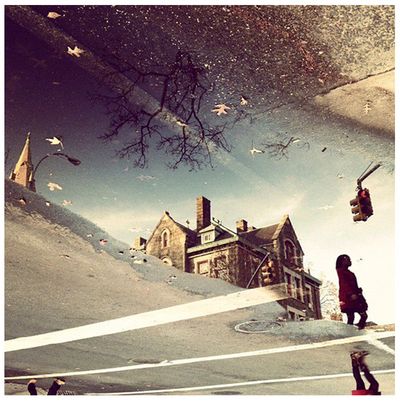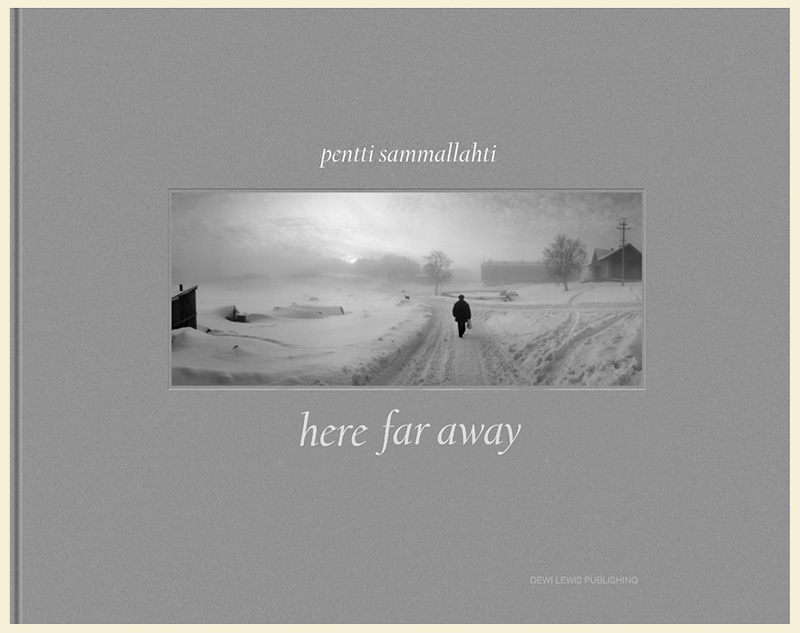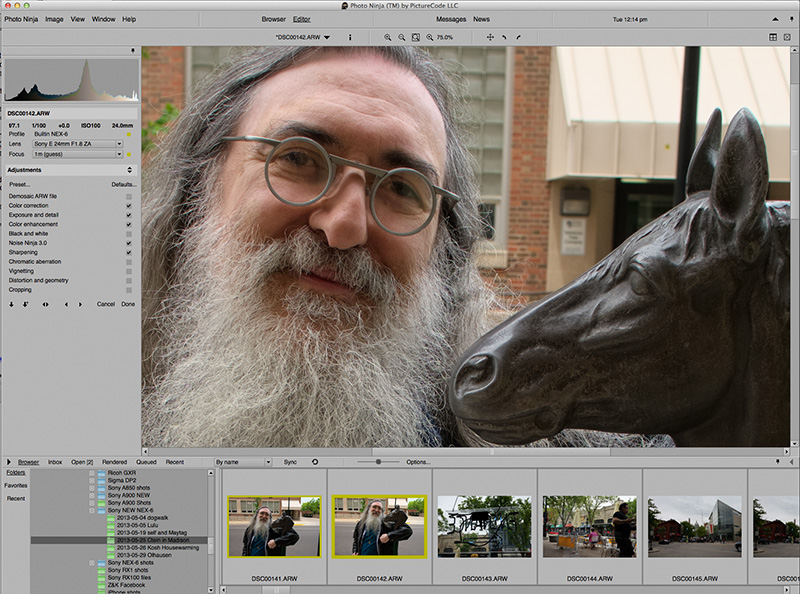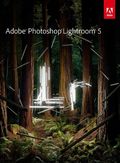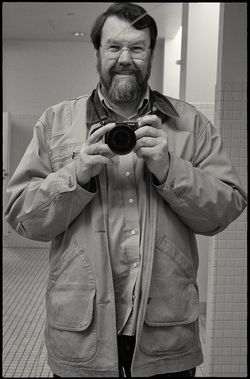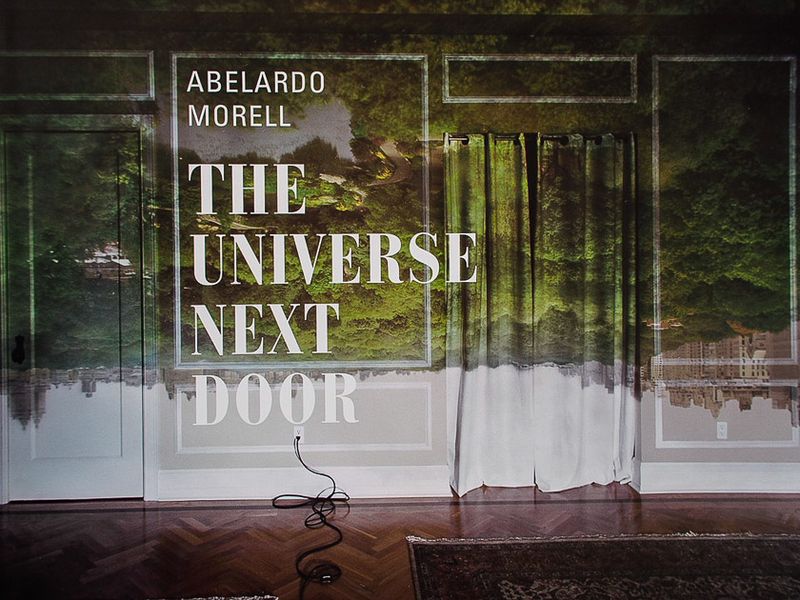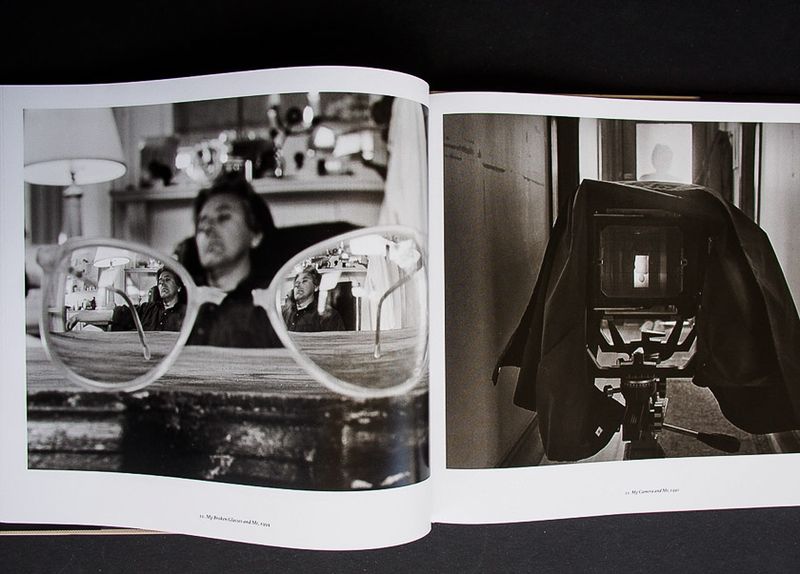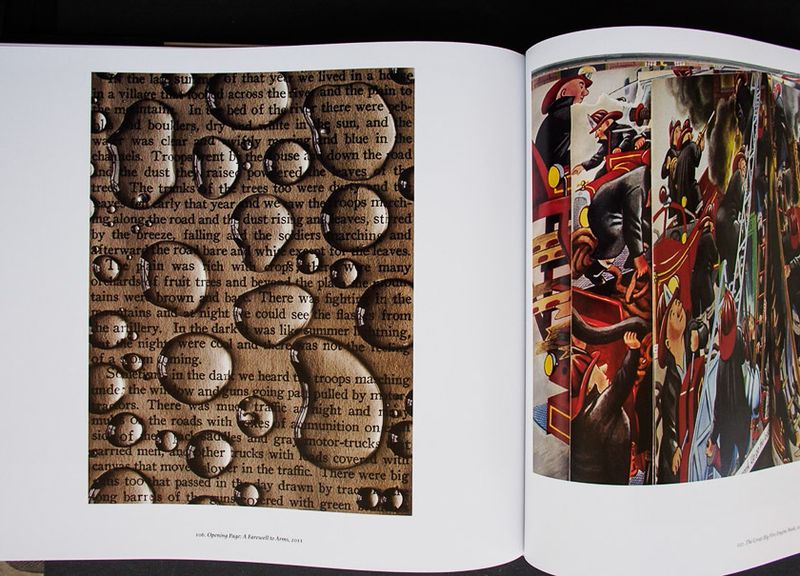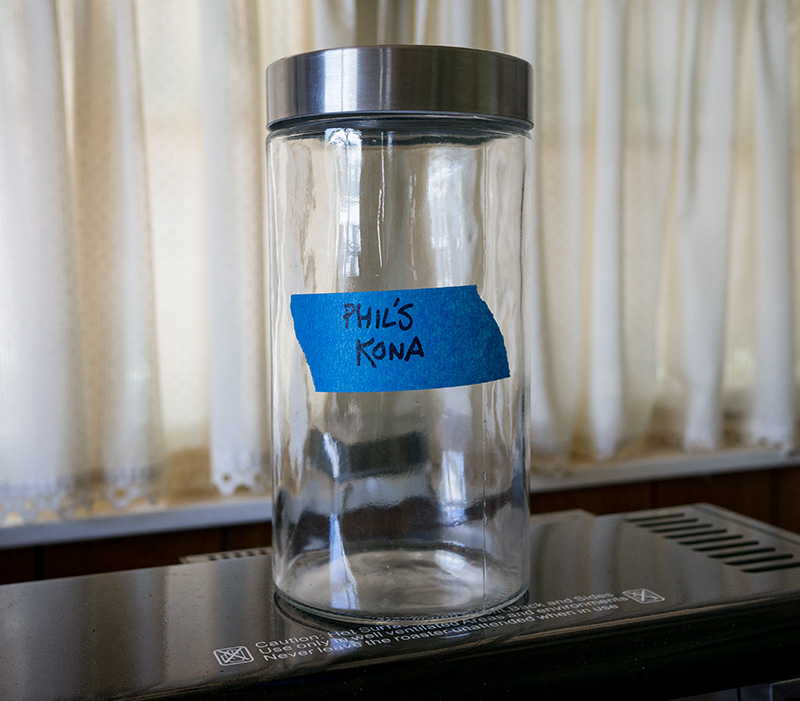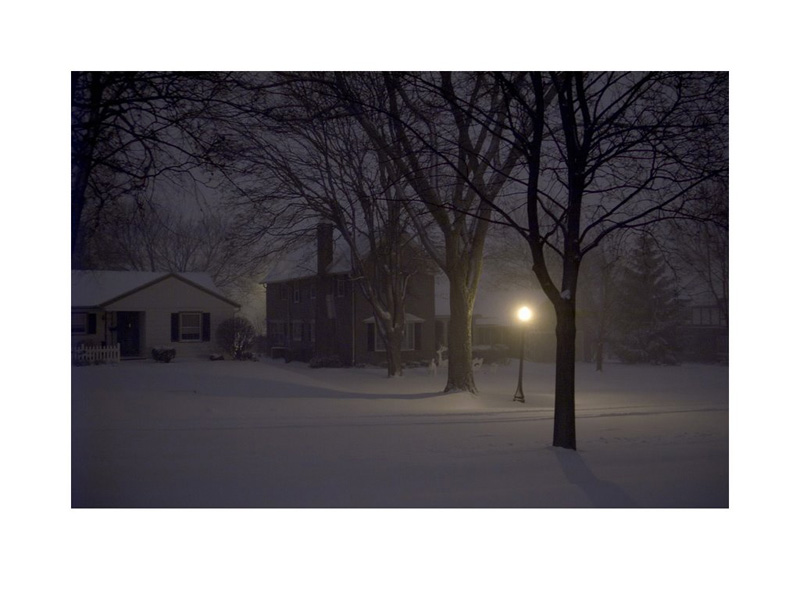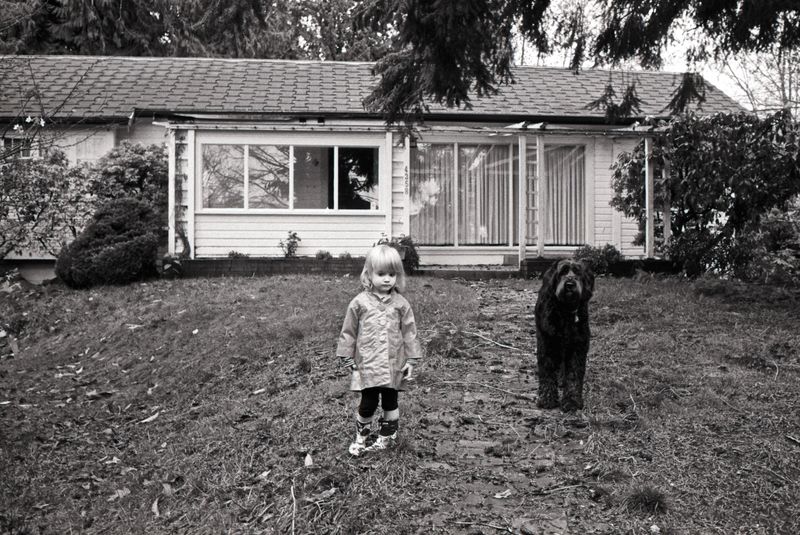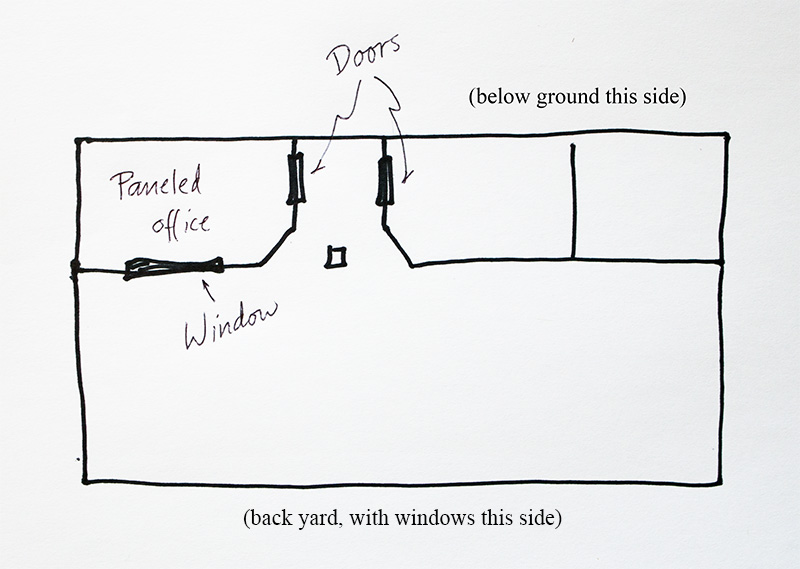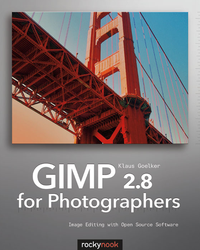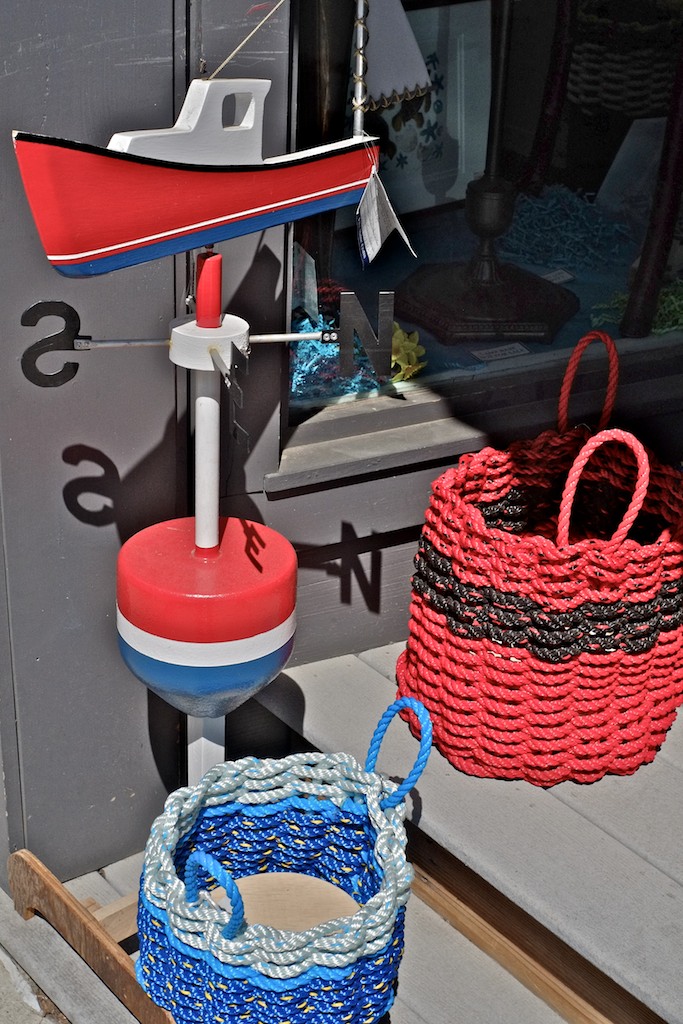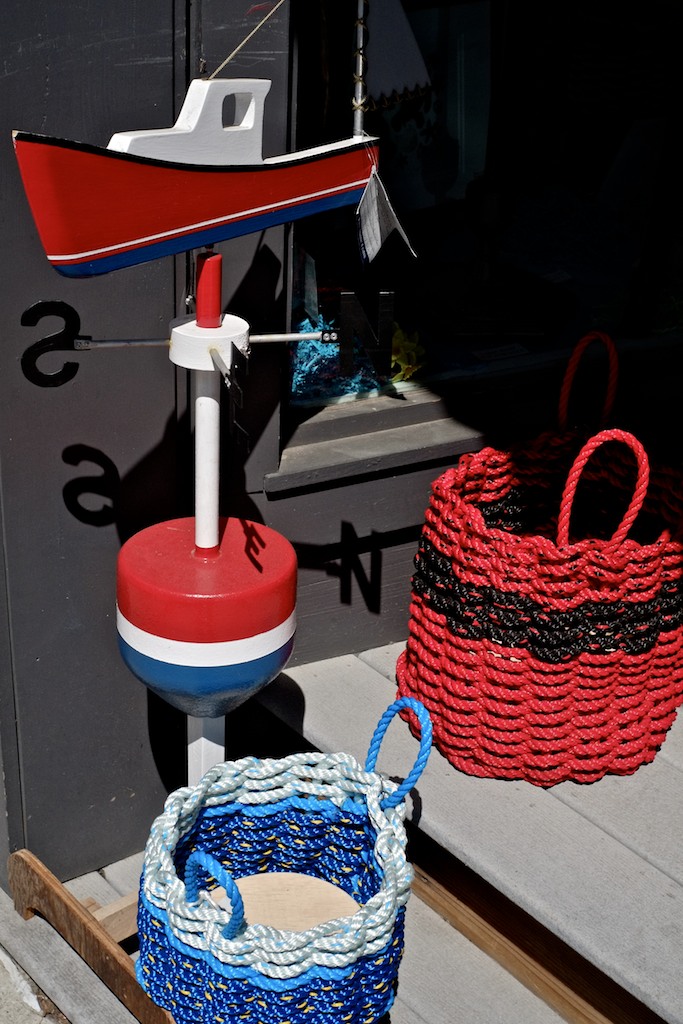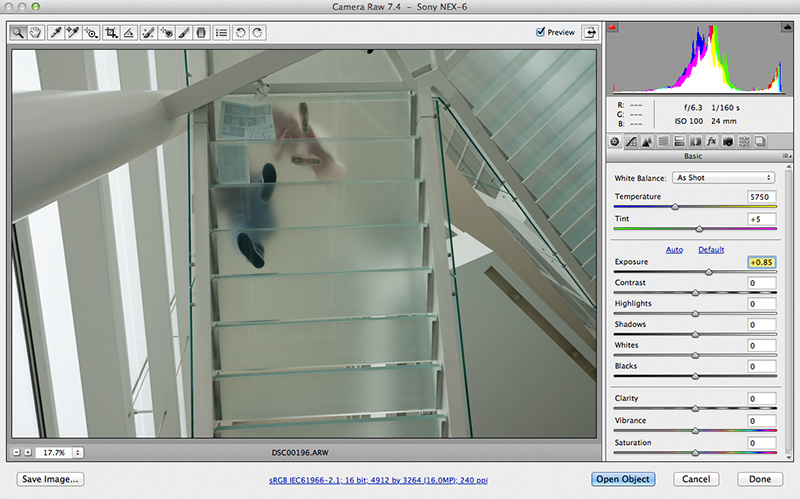
Home sweet home for me...Adobe Camera Raw (ACR)
I've been thinking about this for the past few days now, and I've been struck by an idea that won't leave my head: Is it possible that good photo editing software just doesn't exist?
I use ACR and Photoshop CS6 myself. ACR comes closest for me (I'm happy that Zalman Stern, a member of the core of the ACR development team, is a TOP reader), and I use it for 90% of what I do—but it doesn't do everything and it isn't available separately. To my mind, it would be the best basis for an all-in-one photo editing program for photography. But partly that's because it's still simple, and added complexities have so far been useful and have not (yet?) become pointless or gratuitous.
Lightroom, on the other hand, now does the trick for most photographers, but it too has shortcomings because, like ACR (which it incorporates), it's intended to be used in conjunction with Photoshop. (Lightroom is essentially the greatly expanded distant descendant of Bridge, with DAM capabilities emphasized.)
Second-tier programs such as PWP and GIMP have serious weaknesses or limitations—PWP's Mac capability is a patch, and GIMP is 8-bit only.
Tiny independent RAW-converter-based editors such as Photo Ninja are cool, but haven't penetrated the market or become standard, and most of them don't generate the capital for continuous improvement (I'm guessing). Every now and then a genius like Fabio Riccardi comes along with a better mousetrap, but the marketing and public acceptance aspects of managing a commercial product create substantial walls that impede success (and there's that capital problem...maybe; I don't know).
Aperture and DxO have strengths and weaknesses and seem to offer real alternatives, though it's widely agreed that neither are perfect.
And Photoshop itself isn't it, because photo editing is actually a fairly small part of its overall functionality, it's vastly too complicated even for some regular users (ahem), and it's too expensive...even before CC. It might be the everything-including-the-kitchen-sink software, and the one all the pro graphics and printing people use, but that doesn't make it ideal.
So is it possible that, when it comes to photo editing software, there's just nothing really, well, good out there? Nothing that works well with all files, is reasonably standardized, is intended mainly for photographers, doesn't need to be used in conjunction with other products, and that does most of the things that most of us want it to do but doesn't do most of what we don't need it to do? And that works well, and is reasonably simple to learn and straightforward to master? And that is reasonably affordable, and updates often enough but not too often?
Seems to me we just all sort of muddle along with a) what we've been muddling along with in the past, b) some combination of programs we happen to own or be familiar with, and c) what we can afford.
Or maybe I'm wrong. I'm the first to admit I'm not an expert on software (I'm really not, I'm not being modest)...just observing the passing scene.
Mike
Original contents copyright 2013 by Michael C. Johnston and/or the bylined author. All Rights Reserved. Links in this post may be to our affiliates; sales through affiliate links may benefit this site.
TOP's links!
(To see all the comments, click on the "Comments" link below.)
Featured Comments from:
Charles Lanteigne: "Just so I can understand where you're coming from, what would you like
ACR/LR to do, that they don't at the moment, that would make them what
you'd call 'good photo editing software'?"
Mike replies: As I said, I don't use LR, but I'll answer your question with a question: if LR is everything anybody needs, why are so many people so upset about Photoshop CC?
Bill Pierce: "For a long time, I processed digital images exactly as Mike does—ACR and
Photoshop. As Photoshop expanded (understatement alert) to meet the
image processing needs of non photographers, a lot of
us slipped over to Lightroom, bouncing into Photoshop when we needed to
retouch pictures of our wife or girlfriend.
"But, if you want to do it
all in one program, from RAW file to print or screen display, here’s
another alternative in addition to the ones that you mentioned that’s
pretty good—Capture One.
Their base interpretation of color and sharpness for a specific camera
file can be different from that of the Adobe programs, but is quite good
(I think better at times). and, of course, the files are completely
adjustable if you want to change their interpretation. They are usually
fairly fast in expanding the program to handle the RAW files of new
cameras. You can set Capture One to store and retrieve your images
either from your existing filing system or in a filing system
established by the program. And they promise to always have the latest
version of the software downloadable and not updated from the 'cloud.'
They usually have some kind of trial period that will let you try out
the program for a short period of time without paying for it. The
program’s controls are close enough to the Adobe programs that the
leaning curve isn’t too horrible. People might want to add it to their
list."
David Paterson (partial comment): "Perhaps Photoshop Elements ticks most of the boxes you mention? I
don't know—I'm only suggesting; I have very little experience of
Elements. My wife uses it but I find the interface so off-putting that I
can scarcely bear to use it."
Markus Spring (partial comment): "The former Bibble, now AfterShot Pro, might be quite close to what you look
for—nondestructive, extendable, fast, allowing to restrict
modifications to regions, it does at least for me 99% I ever needed. And
it works on Mac, Win, and even Linux (where it is the only commercialRAW converter available).
The problem with it? The last update from Corel, the new owner, dates
back ages, and new cameras' RAW files are simple not known to it...."
Speed (partial comment): "Is it possible that a definition of 'good photo editing software' just
doesn't exist? Or is different for each user? It is said in the context
of a large and complex application that nobody uses more than 15% of its
functions but everybody uses a different 15%. My experience is that
when I start with a new application I don't know which 15% I need, and
with time my use changes and grows."
Kevin Pfeifle (partial comment): "I could not agree more! I'm using both DxO and lightroom. Neither has layers, which I think is a huge problem, but I refuse to pay for Photoshop (too expensive and too many things I don't need or want). LightZone was starting to move in the direction I wanted....
Jack: "Yeah, welcome to the digital world. You could write that third-to-last paragraph about
almost any kind of program, from the lowly word processor on up.
My pet peeve is that in the digital world there are no experts. It seems
that the time it takes to master a new technology advancement is longer
than the time to develop a new advancement. It used to be, not that
long ago, that you dedicated yourself to learning something, became an
expert at it and you were set for a long time. Not any more."
Mike replies: Yeah, that bugs me too. A lot. It always makes me chuckle when somebody asks me to write a detailed comparison of all the major editing programs. That would require mastering them all first. I'll start in on mastering the second one as soon as I master the first one, but I've been working on mastering the first one for 19 years now, and I'm still not close, so they shouldn't hold their breath.
John Yuda (partial comment): "I don't know if they're fully there yet, but Pixelmator and Acorn are
both getting very close from my perspective. They're Mac-only, and built
on Apple's Core Image technology...."
Ed (partial comment): "You seem to forget the RAWTherapee and that my dear freind is missing out on free greatness."
Jim Kofron: "You indirectly mention Lightzone (Fabio Riccardi), which continues to be
my favorite photo editor (even with its warts). I'd like to let you
and your readers know that although Fabio closed up LightCrafts, he
graciously has donated the code to an open source project that has been
gaining some significant momentum since the beginning of the year. The
site is Lightproject.org, and I'd encourage your readers and
any developer types to participate in this effort.
The first couple of times I tried Lightzone, I just didn't get it. On my
third trial, something just clicked and I thought to
myself—'Brilliant.' It's a great paradigm for photo editing, even if
it's missing the 'pixel pushing' tools like a healing brush. I was more
than happy to buy the 'lifetime' license, and have used it to finish my
photographs ever since.
But yes, I think it's safe to say that there are no good (or great)
photo editing software packages out there...."
JTW: "I absolutely agree. Software always seems to have the tendency to try to
be all things for all people, and ends up being too ponderous, too
unwieldy, and too complex (and too expensive). Two examples: Microsoft
Word, and Photoshop."
Adam Isler: "I think your title is too strong. Surely there's no 'perfect' photo
editing software that has just the right set of features for what you
want and no more, with an intuitive interface that makes it a breeze to
use. But there's certainly 'good' photo editing software. I myself
have standardized on Lightroom with Nik plugins and the occasional use
of Photoshop CS5 (and I'm considering whether CC will be worth it for me—waiting to hear from Ctein on Wednesday).
"Am I overjoyed with this
set-up? Is it perfect? No. But it's comfortable enough and, while I miss
the scent of hypo and acetic acid mixed with sweat from my old bathroom
darkroom, this is way better."
Dennis Mook: "I would like to see Lightroom Plus. Take Lightroom, add 50% to the
price and give us about 15 of the most commonly used tools we utilize in
Photoshop. That would give us database capability, non-destructive
initial editing and then the commonly used attributes we go to Photoshop
to use for what we now can't do in Lightroom. That would be perfect
for me."
Gordon Lewis (partial comment): "Let's remember that image editing (meaning manipulation, not deleting weak images) is an option, not a fundamental requirement."
Stephen Scharf: "Have to respectfully disagree. Despite Adobe's Machiavellian
behaviour of late with respect to Creative Cloud, Adobe Lightroom rocks.
If you ever had to go through a day's take of 1000+ RAW images for your
PR director at the racetrack, identify selects, and burn to a disc in
time for deadline press, you'd know what I mean! ;-) ."
Harold Merklinger: "Even before Photoshop existed, I believed that there were certain fundamental principles that guided software developers. The rules go something like this:
- Every software package must contain at least one highly useful 'killer' feature or capability not available in any other package.
- Every software package must lack at least one essential feature or capability found in nearly every other competing package.
- No software package may be entirely free of bugs.
- Every software package must contain at least one undocumented feature that every user needs to know.
- The native file format must be incompatible with competing software packages and preferably incompatible with earlier versions of the same package.
- Where possible, there should be multiple similar, easily confused pairs of functions or capabilities. Any documentation supplied must describe both functions of a pair in a single paragraph and any examples must use both functions in such a way that it is impossible to determine precisely which function does what.
"I believe my list eventually contained a total of 37 such design rules. Suffice it to say that the first two principles alone determine that everyone needs all available software packages.
"That said, I must say that Photoshop has been for me the best of all the software packages I have used. I started with version 2."
Fazal Majid: "Lightroom was not designed as a Photoshop adjunct. Most users report it has the
opposite effect—PS usage declines dramatically once you start using
LR. Also, in genesis it was a skunkworks project at Macromedia Labs
before the company was even acquired by Adobe. Apple's release of
Aperture forced Adobe to release LR, albeit for internal political
reasons with the tag 'Photoshop' attached to the product name."
Rob (partial comment): "I am a recent convert to Photo Ninja, which I think puts ACR deep in the
shade as a raw convertor. At this early stage of its development, PN
does not have many of the features and workflow enhancers that can be
found in programs such as Lightroom, Aperture and Capture One, but I
find that PN's output is so good that I have much less need for
additional tweaking in Photoshop than I previously did with other raw
convertors."
MJFerron (partial comment): "Actually PS Elements 11 is a nice affordable option."
Marc Rochkind (partial comment): "There's nothing at all in LR that requires, or even suggests, that
Photoshop plays a role in the workflow. You can go to PS and back
smoothly, which is nice, but this is definitely not central to what you
do in LR."
Dan Gorman (partial comment): "The key thing that keeps me coming back to P'shop is the ability to work
in layers—including adjustment layers and layer masks—and the
resulting ability to make very precise local edits. I'm not aware of
any other program that has this capability (though I'd love to be
informed otherwise)."
Jamie Pillers (partial comment): "I've used Aperture for several years now, since it first came out.
Recently I added the Nik suite of software (which loads as an integral
add-on to Aperture). Aperture has always done everything I've needed."
david stock: "Folks might want to check out Photoline. It does virtually everything
Photoshop does, for a fraction of the expense. I wouldn't use it for RAW
processing, but for those times when you need layers, selections and
special tools, it's very capable. Of course, like Photoshop, it has a
learning curve...."
David Dyer-Bennet (partial comment): "I actively do not want 'all-in-one' software. I don't want DAM
integrated with photo editing, in particular—a nasty path that both
Bibble (in v. 5) and Lightroom (from the beginning I believe) went down. [...]
As a general philosophical thing, all-in-one tools are second (or so)
best at each thing they do, maybe actually best at one thing if you're
very lucky. Given how photography pushes data storage processing speed
issues, I can't afford second best for many aspects of my photo
software."
Tom Kwas: "Once again, as I've said almost every time someone on here talks about 'pro' processing and editing software:
"One: Photoshop was never meant to be a photographer's software, strictly pre-press, and it was marketed to me as such back in the '90s when I was running a big studio for a retailer. For those on here that said it's now getting to have too many features for the general photographer, it always did. It was never written using photo specific terminology that all pro photographers understood, like 'grades' for contrast, and 'stops' for brightness. C'mon, sharpening that has to do with radials and distals? What the what is that? And no 'one button' B&W conversion for years, when other software had it....
"Two: Capture One is what everyone I ever knew in a professional studio used, especially in large commercial studios with a lot of varying equipment and medium format sized digital cameras. Photoshop was only in the pre-press and assembly departments!"
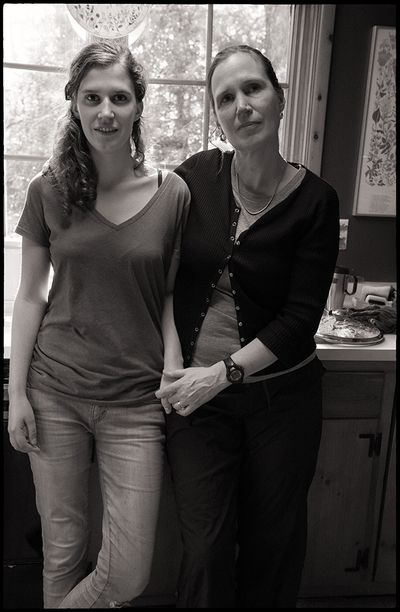 Lillian and Rebecca, daughter and mother
Lillian and Rebecca, daughter and mother